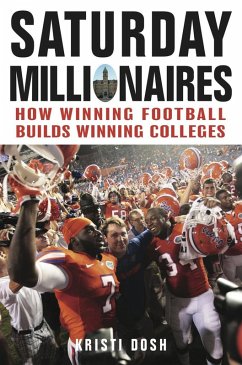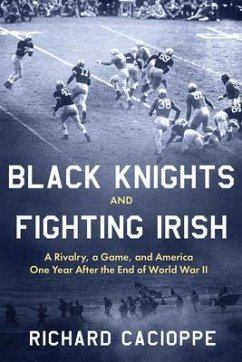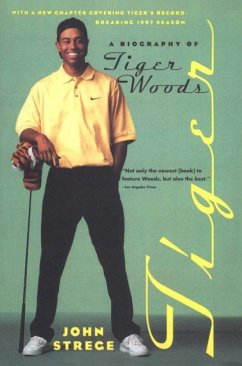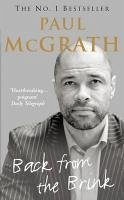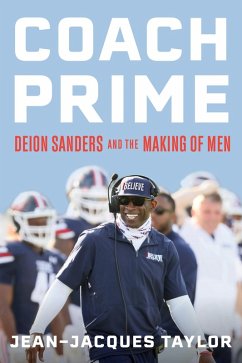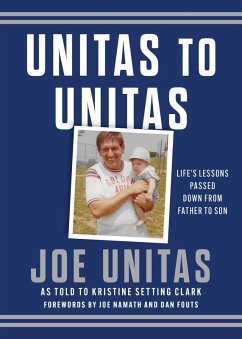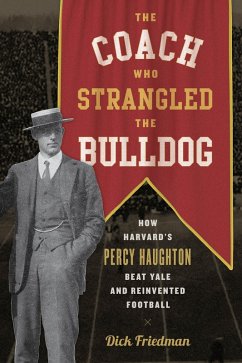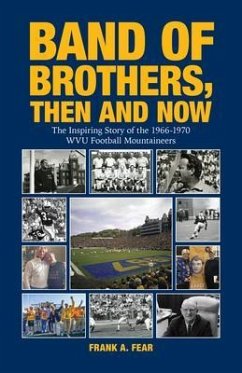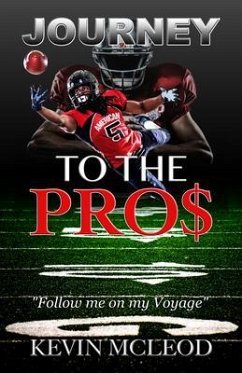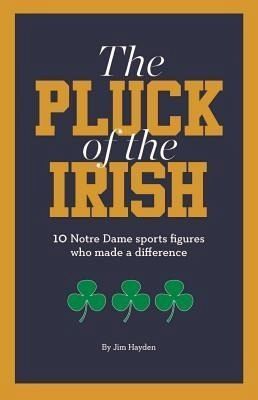
The Pluck of the Irish (eBook, ePUB)
10 Notre Dame sports figures who made a difference
Versandkostenfrei!
Sofort per Download lieferbar
7,99 €
inkl. MwSt.
Weitere Ausgaben:

PAYBACK Punkte
4 °P sammeln!
10 Biographical sketches of notable Notre Dame alumni. The Fighting Irish participate in 23 National
Collegiate Athletic Association Division I intercollegiate sports and in
the NCAA's Division I in all sports, with many teams competing in the
Atlantic Coast Conference. Notre Dame is
one of only 16 universities in the United States that play Division I
FBS football and Division I men's ice hockey. The school colors are gold and blue and the mascot is the Leprechaun. It was founded on November 23, 1887, with football in Notre Dame, Indiana.
Collegiate Athletic Association Division I intercollegiate sports and in
the NCAA's Division I in all sports, with many teams competing in the
Atlantic Coast Conference. Notre Dame is
one of only 16 universities in the United States that play Division I
FBS football and Division I men's ice hockey. The school colors are gold and blue and the mascot is the Leprechaun. It was founded on November 23, 1887, with football in Notre Dame, Indiana.
Dieser Download kann aus rechtlichen Gründen nur mit Rechnungsadresse in A, D ausgeliefert werden.




